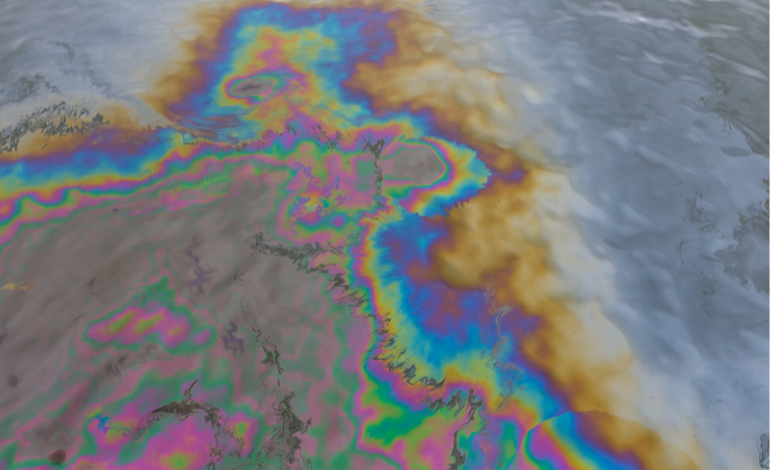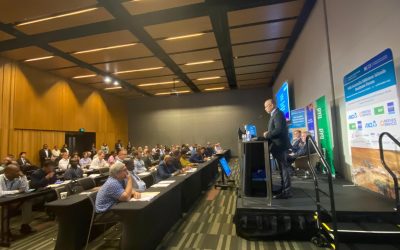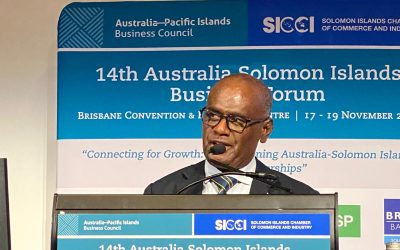Landowners of Kangava Bay, East Rennell, Solomon Islands, have filed a compensation claim against a group of international companies responsible for the 2019 oil spill, widely considered the most severe environmental disaster in the country’s history. The claim, lodged in the High Court of Solomon Islands in Honiara on 31 January 2025, represents a legal collaboration between customary landowners and the Solomon Islands government to seek damages for the impact of the incident.
The legal action is seeking financial compensation for the pollution that has affected Kangava Bay’s lands, reefs, and waterways. The claimants include four customary landowners who are representing their respective tribal communities. The Solomon Islands government, represented by the Attorney-General, has joined the case as a co-claimant.
Rennell Island, the southernmost in the Solomon Islands, is the world’s largest raised coral atoll and home to UNESCO-listed Lake Tegano, the Pacific’s largest inland lake. The 2019 oil spill in Kangava Bay released over 300 tonnes of heavy fuel oil, severely damaging marine and terrestrial ecosystems. Six years on, the Kangava community faces ongoing environmental and health risks. Despite joint clean-up efforts by Solomon Islands, Australia, and New Zealand, no compensation has been paid to affected communities or the Solomon Islands Government by the alleged responsible parties. The long-term impact of the spill remains a significant concern.
The Incident and Its Consequences
The MV Solomon Trader, a bulk carrier, ran aground at Kangava Bay in February 2019 while collecting bauxite ore for Bintan Mining Corporation. The vessel, which was carrying 10,850 tonnes of bauxite ore, 741 tonnes of heavy fuel oil, and 25 tonnes of diesel, drifted due to severe weather and struck a reef, resulting in a significant oil spill. More than 300 tonnes of oil entered the surrounding marine ecosystem, affecting coastal communities, fishing grounds, and water supplies.
Despite clean-up efforts led by the Solomon Islands government, Australia, and New Zealand, local communities report ongoing environmental and economic impacts, including reduced fish stocks and concerns about water quality. Compensation payments and environmental remediation projects promised in the wake of the disaster have yet to be fulfilled.
Legal Framework and Compensation Claim
The legal team representing the claimants includes Primo Afeau Legal Services (PALS), the Pacific Legal Network, and international lawyers Harj Narulla and Frank Clarke SC. The case is based on Solomon Islands’ national laws, common law negligence claims, and international conventions governing marine pollution liability.
The defendants named in the claim include the Hong Kong-based vessel owner King Trader Ltd, Korean P&I insurers, Bintan Mining Corporation (British Virgin Islands), and its Solomon Islands subsidiary Bintan Mining SI Ltd. The claimants argue that these entities are liable for the environmental damage caused by the spill. The estimated compensation sought ranges between USD 30 million and 100 million.
Speaking on behalf of the claimants, barrister Harj Narulla stated that the case seeks to ensure appropriate compensation for those affected. “The customary landowners and the Solomon Islands government have suffered extensive harm due to this incident, and they are entitled to compensation for the damages sustained.”
Implications for Future Environmental and Business Practices
The compensation claim is expected to be closely watched by businesses operating in the region, particularly those in resource extraction and shipping. It could set a precedent for environmental liability cases involving customary landowners in the Pacific. For companies engaged in similar industries, the case highlights the importance of adhering to environmental protection regulations and ensuring adequate risk management strategies are in place.
With damages estimated in the tens of millions of dollars, the outcome of this legal action could have significant financial and reputational implications for the companies involved, as well as broader regulatory consequences for commercial shipping and resource extraction operations in the Pacific region.
[Source: Pacific Legal Network media release and background material provided by PLN; Representative image, not actual]



